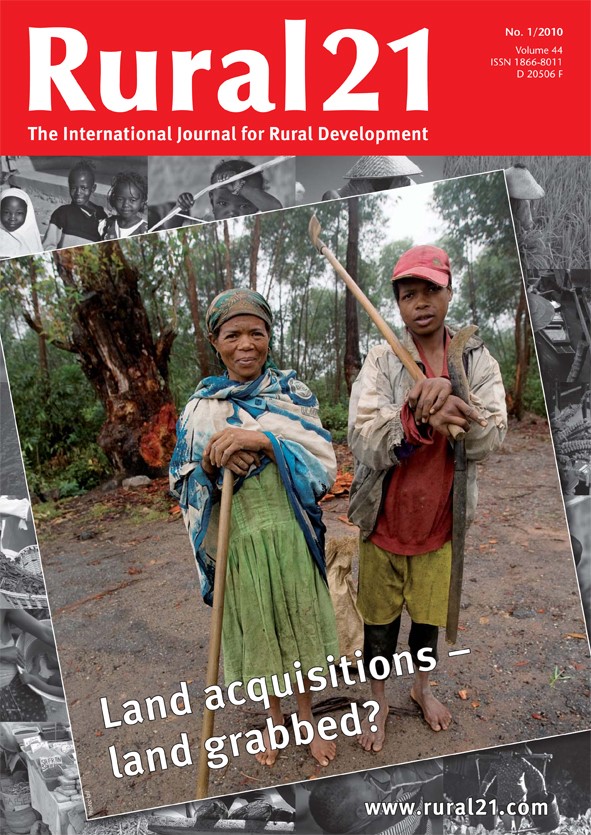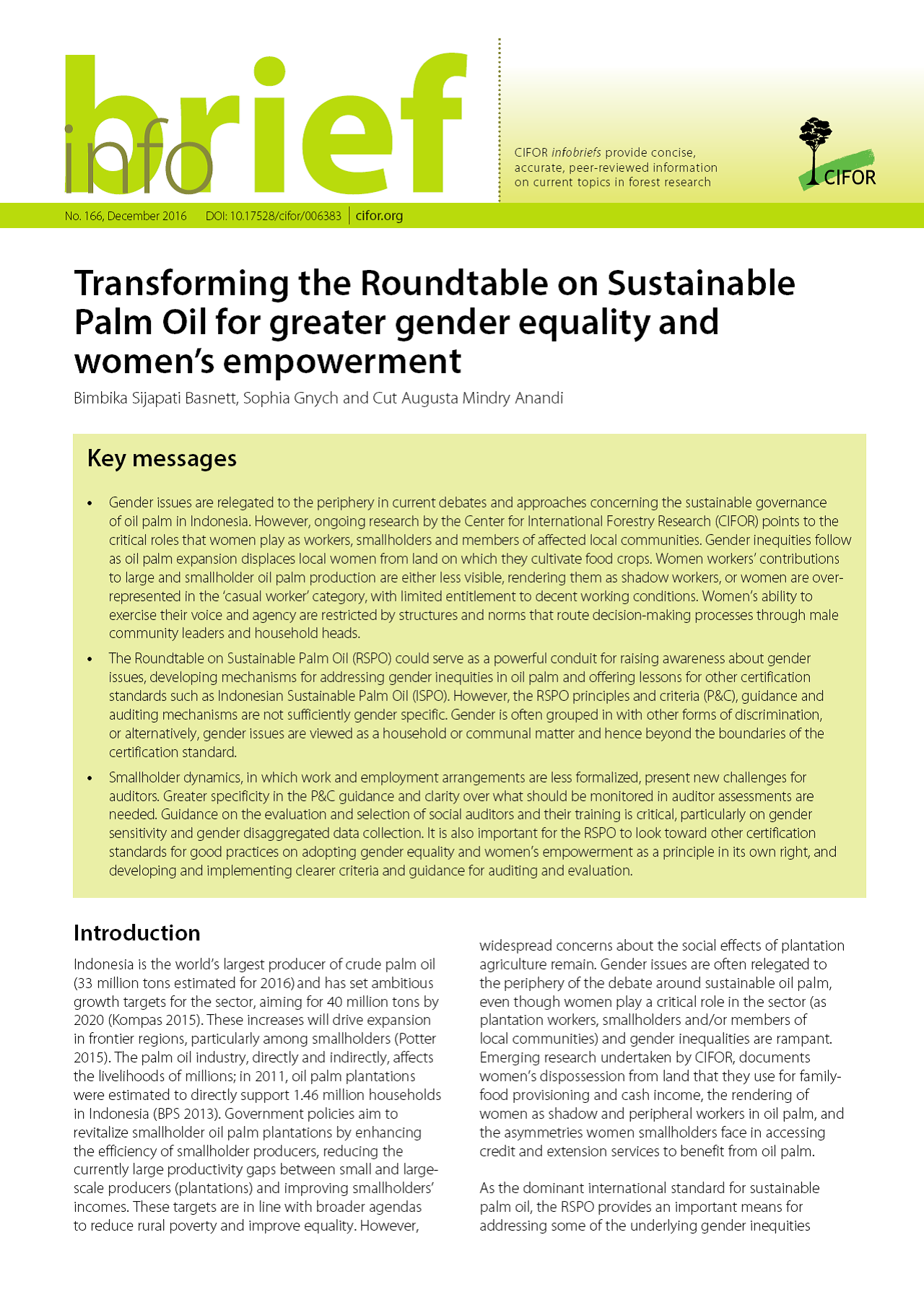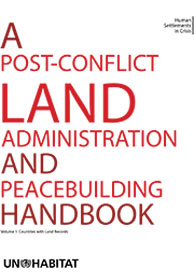“We can‘t be satisfied yet“
On the 11th May 2012, the Committee on World Food Security of the United Nations adopted the Voluntary Guidelines on the Responsible Governance of Tenure of Land, Fisheries and Forests (VGGT). Rural 21 asked Roman Herre of the human rights organisation FIAN about his views on the implementation of the Guidelines so far.












